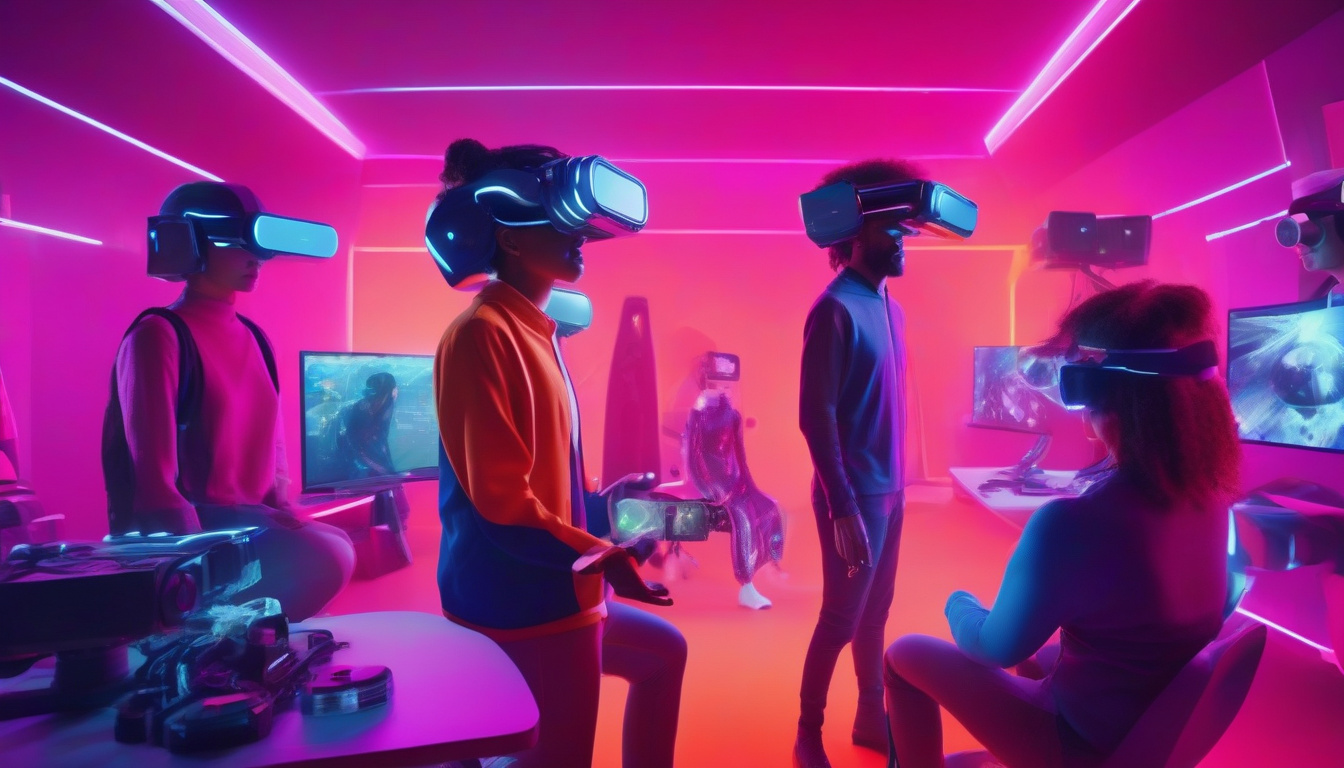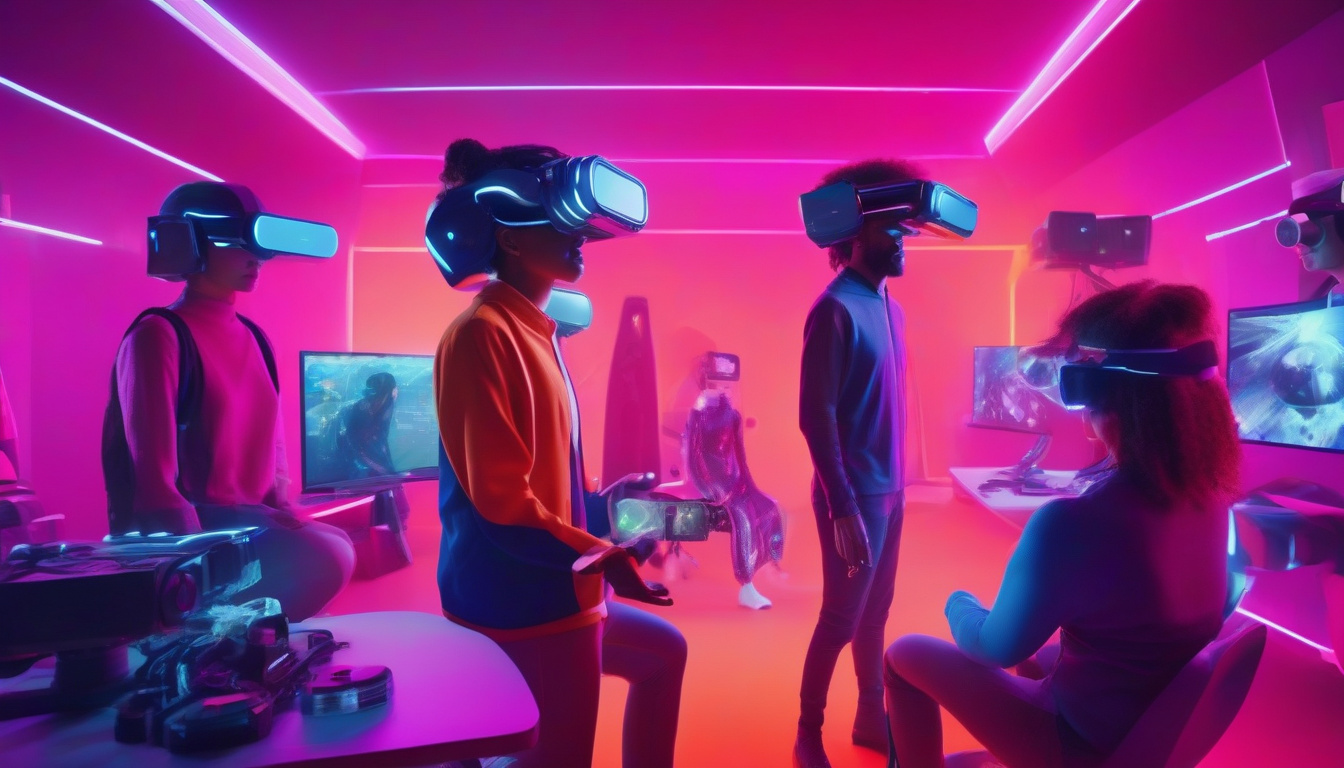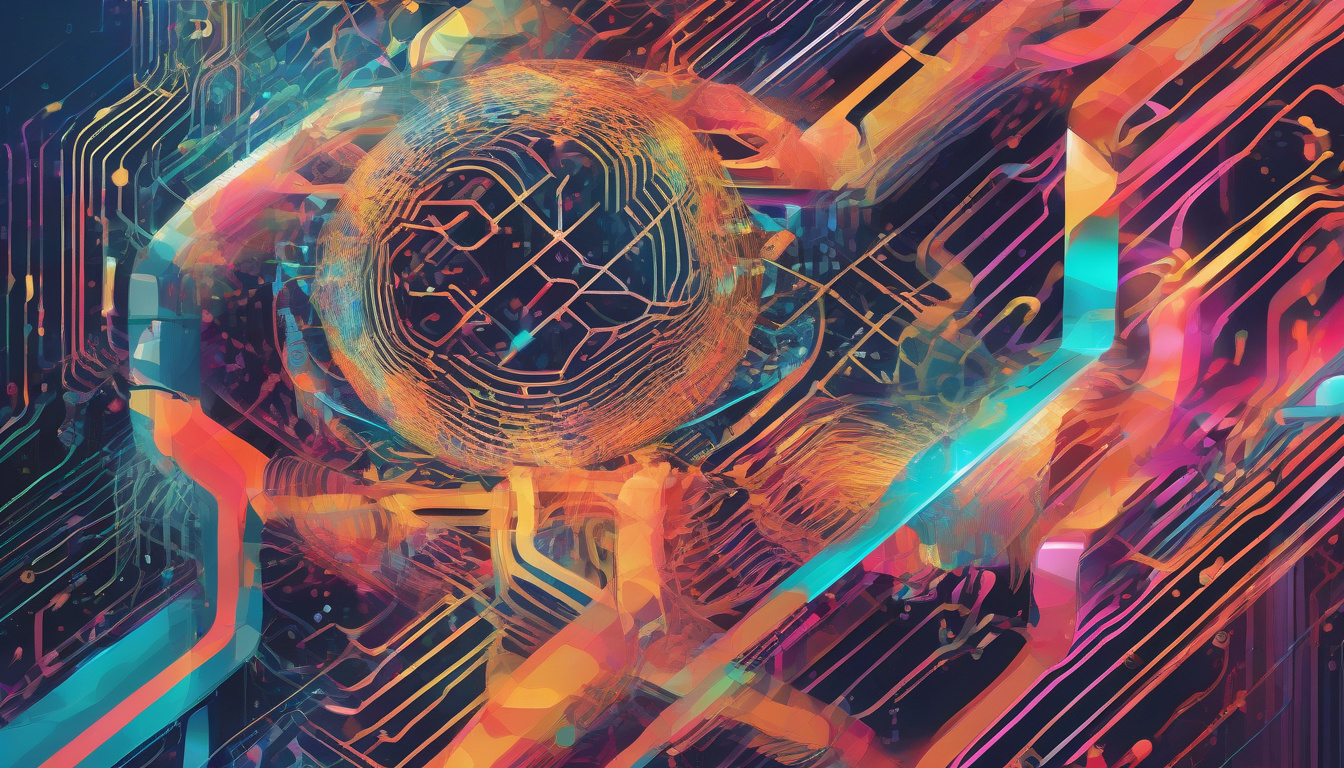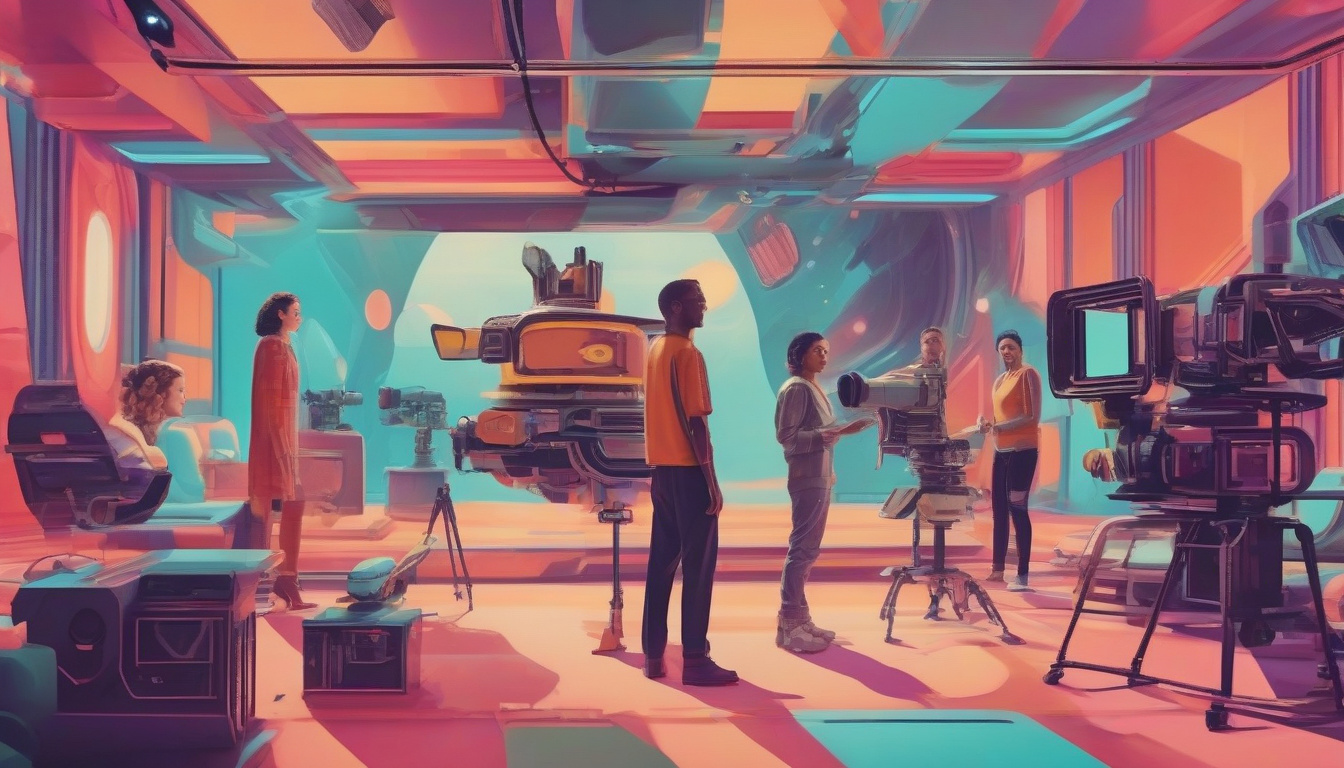
The film industry has always been a cradle of innovation, embracing new technologies to tell stories in captivating ways.
In recent years, generative AI for film has emerged as a game-changing force, transforming how movies are created, edited, and experienced.
This article delves into the fascinating intersection of technology and creativity, exploring the impact of generative AI on cinematic storytelling, the evolution of artificial intelligence in film, and the exciting future that lies ahead for filmmakers and audiences alike.
Get Professional Screenplay Coverage in Minutes, Not Weeks!

Key Takeaways
- Generative AI is transforming the film industry by enhancing creativity and efficiency in filmmaking.
- Understanding the historical context of AI in cinema helps to appreciate the evolution of generative technologies.
- Generative AI employs advanced algorithms and machine learning to create innovative content in film production.
- Case studies of successful films demonstrate the practical applications and benefits of generative AI in storytelling.
- The future of film will be shaped by generative AI, while also posing challenges and ethical considerations that need to be addressed.
Introduction to Generative AI in Film
Generative AI for film has emerged as a transformative force in the entertainment industry, revolutionizing how filmmakers conceptualize, create, and produce content.
This cutting-edge technology utilizes algorithms to generate unique visuals, narratives, and even audio, enabling creators to push the boundaries of storytelling.
By harnessing the power of generative AI, filmmakers can explore innovative ideas, streamline production processes, and craft immersive cinematic experiences.
As studios increasingly adopt this technology, understanding its applications and potential impact on the film sector becomes crucial for anyone interested in the future of filmmaking.
From pre-visualization to post-production, generative AI for film opens up exciting possibilities for creative expression and industry advancement.
Historical Context: The Evolution of AI in Cinema
The exploration of generative AI for film has a rich historical context, tracing back to the early days of cinema when filmmakers first experimented with technology to enhance storytelling.
In the 20th century, the rise of computer-generated imagery (CGI) revolutionized visual effects, allowing creators to bring fantastical worlds and characters to life.
As technology advanced, the concept of generative AI for film started to take shape, with researchers and artists collaborating to push the boundaries of creativity.
By the time we reached the 21st century, generative AI began to emerge as a powerful tool, enabling filmmakers to automate the production process, generate new scripts, and even assist in editing, thus transforming the landscape of filmmaking.
This evolution not only highlights the remarkable integration of cutting-edge technology in cinema but also raises poignant questions about originality and the role of human creativity in a digitally-driven environment.
‘The greatest innovations of the 21st century will be how we combine man and machine to unlock new creative potentials for art and storytelling.’ – Unknown
Get Professional Screenplay Coverage in Minutes, Not Weeks!

How Generative AI Works: Principles and Technologies
Generative AI for film is revolutionizing the way content is created and consumed in the entertainment industry.
At its core, generative AI works by utilizing advanced machine learning techniques to analyze vast datasets of existing media, enabling it to generate new content that aligns with specific artistic styles or narrative structures.
This process typically involves neural networks, specifically Generative Adversarial Networks (GANs) and Variational Autoencoders (VAEs), which work in tandem to produce high-quality images, scripts, and even soundtracks.
By leveraging these technologies, filmmakers can enhance their storytelling capabilities, exploring new creative possibilities and streamlining the production process.
Moreover, with the ability to generate realistic visuals and compelling story arcs, generative AI for film not only allows for innovative storytelling but also serves as a powerful tool for pre-visualization, helping directors and producers visualize concepts before they reach the shooting stage.
Case Studies: Successful Films Utilizing Generative AI
In recent years, the film industry has witnessed a significant transformation, thanks largely to the integration of generative AI for film production.
Filmmakers are now harnessing this cutting-edge technology to enhance creativity, streamline processes, and reduce costs.
For instance, the 2022 film ‘The Creators’ utilized generative AI to create complex visual effects that would have taken a traditional studio months to accomplish.
By employing AI algorithms to develop realistic landscapes and background characters, the production team not only saved time but also allowed their human artists to focus on more intricate storytelling elements.
Another striking example is the short film ‘AI in Motion,’ which was conceptualized and partially animated using generative AI.
This project showcased how generative AI can assist in character design and scene generation, resulting in a unique visual style that captivated audiences in film festivals worldwide.
These case studies illustrate the profound impact generative AI for film is having on the industry, providing innovative methods to enhance storytelling while pushing the boundaries of visual artistry.

Challenges and Ethical Considerations of AI in Filmmaking
As the landscape of filmmaking evolves with the introduction of generative AI for film, it is crucial to address the challenges and ethical considerations that arise from its use.
One significant challenge is the potential loss of jobs within traditional roles such as screenwriting, storytelling, and visual effects, as AI automates facets of the creative process.
Moreover, the reliance on algorithms can lead to homogenized storytelling, where unique voices and innovative narratives are overshadowed by AI-generated content that follows established patterns.
There are also ethical dilemmas surrounding copyright and ownership, as content created by AI raises questions about who holds the rights to the work produced.
Filmmakers must navigate these complexities, ensuring that while they embrace the efficiencies brought by generative AI for film, they also uphold artistic integrity and originality in their projects.
The Future of Film: Predictions and Emerging Trends in Generative AI
As we look toward the future of film, the integration of generative AI for film is poised to revolutionize the industry in unprecedented ways.
This powerful technology is not only enhancing creative storytelling but also streamlining production processes.
From AI-generated scripts and storyboards to virtual actors and customized visual effects, the possibilities seem limitless.
Filmmakers can harness generative AI to analyze audience preferences, allowing for more tailored content that resonates deeply with viewers.
Moreover, advancements in deep learning are enabling the creation of lifelike animations and more dynamic, engaging cinematography, making it easier than ever to bring imaginative worlds and unique narratives to life.
As generative AI continues to evolve, it will undoubtedly empower filmmakers to push the boundaries of creativity, resulting in innovative cinematic experiences that captivate a diverse audience.






